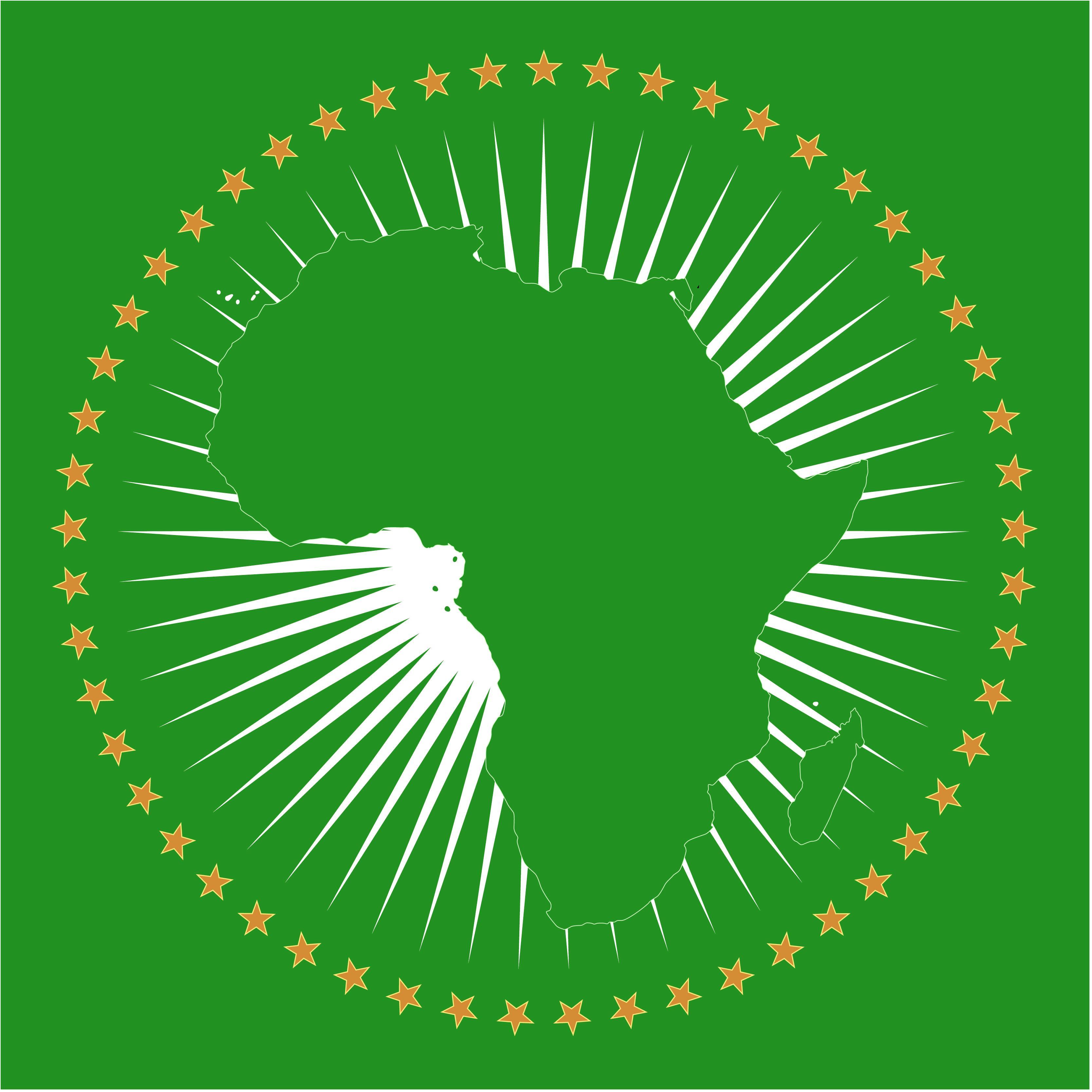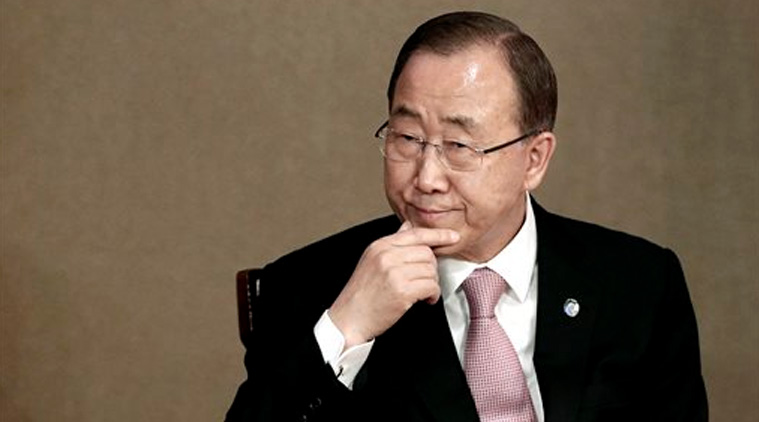
By Rosa Malango
If you have ever fetched clean water from a lake, river or any other natural water body you should probably thank a wetland. Wetlands, are like sponges, they hold this water, filter and purify it before sending it into water bodies.
February 2 is World Wetlands Day and a great opportunity to learn about the value and importance of wetlands to Ugandans.
With the theme – ‘Wetlands for Disaster Risk Reduction, Healthy Wetlands help to cope with extreme weather events.’ This wetlands day is not business as usual, it is a good time for us to reflect on how we can educate our children, our colleagues and our friends about the importance of wetlands.
Initially celebrated in 1997, this day is intended to remind us of our commitments under the Ramsar Convention on Wetlands which was adopted in 1971. As a key party to this convention, Uganda is mandated to protect all its wetlands some of which have been approved as Ramsar sites. The 2030 Agenda and its 17 Sustainable Development Goals also provide us an opportunity to celebrate wetlands. The SDGs include various aimed at protecting life in the ocean, on land and on managing climate change.
If we are to leave no one behind as Uganda strives to develop, it is imperative for each of us to do everything we can to save wetlands wherever they are. Well managed wetlands ensure that communities are resilient and can bounce back from disasters faster. We must help conserve and promote sustainable use of wetlands as we support industrialisation and development.
I would like to share a few examples of actions we can take. At individual and community level, we can become a wetlands ambassador and work with family, friends and community members to use water sparingly, to conserve and restore wetlands and to create alternative sources of livelihoods.
Communities can lead efforts to check how wetlands are used in their local areas and participate in clearing the rubbish that is often dumped there as well as unblocking the streams from which they receive water.
Communities can also establish guides, make paintings and other arts to showcase the plants and animals living in wetlands.
Members of the government and Parliament should designate wetlands as protected areas, restore degraded wetlands, partner with local governments and civil society to create awareness about their importance and encourage both citizens and investors to adopt cross sectoral polices in education, housing, agriculture and industry that protect wetlands and promote green economic growth.
As custodians of the SDGs and partners of Uganda, the United Nations in Uganda in partnership with the Government of Uganda has taken several actions to save wetlands.
Some of these include:
– Producing a National Wetlands Atlas with the Ministry of Water and Environment, United Nations Development Programme (UNDP) and the United Nations Environment Programme (UNEP). This Atlas will be key for educating the public on where wetlands are located and is a guide on wetland protection country wide. I invite you to get a copy and share its contents in your communities.
– Support the environmental protection force within Ministry of Water and Environment as well as the National Environment Management Authority (NEMA) with equipment to improve on their wetland surveillance and enforcement capacity.
– Promoting eco-tourism and the extension of wetland protected areas around the Lake Bisina-Opeta in Eastern Uganda and Lake Nakivale in Western Uganda. Working with the local government in Isingiro, UNDP supported refugees and their host communities to restore the banks of Lake Nakivale through tree-planting to minimise silting and improve on the quality of water as well as the fisheries.
– Partnered with local communities to strengthen the management of Ramsar sites. In Makanaga wetland, part of the Mabamba wetland system, a Ramsar site, UNDP through its Small Grants Programme funded the Uganda Wildlife Education Centre to work with the local community. It constructed a viewing point for birds, established boat trails and trained 20 community members as tour guides. This provided alternative sources of livelihoods for the community hence protecting the wetland.
– UN-HABITAT in collaboration with Kampala Capital City Authority has developed a flood control model for the Lubiigi catchment which can be replicated in other key towns around Lake Victoria.
Uganda has been recognized for its dignified vision to refugee hosting. Uganda can now build upon its vision 2040 and identify modalities to accelerate the implementation of its National Development Plan II that place wetlands at the center of efforts. We are working with Government to develop a Presidential Initiative on Wetlands that will help to accelerate the delivery of a comprehensive response to the needs of people in communities close to Wetlands. This initiative will look at how to improve the livelihoods of those who live close to wetlands by providing them with skills for alternative livelihoods, education on crop diversification and conservation agriculture techniques. This initiative is intended to enable the youth and community leaders to be at the forefront of efforts to improve the ecosystem services of the wetlands and their associated catchments through protection of natural forests climate resilient farming.
Protecting the environment is an intricate part of every culture. Each and everyone of us has a role to play in ensuring that Wetlands remain part of Uganda’s history, landscape and heritage for generations to come.
I, therefore, invite every Ugandan – whoever you are, and wherever you live. Let us join hands to restore and conserve wetlands and reduce the risk of disaster in this country. Let’s transform this risk into an opportunity for sustainable development and economic transformation.


